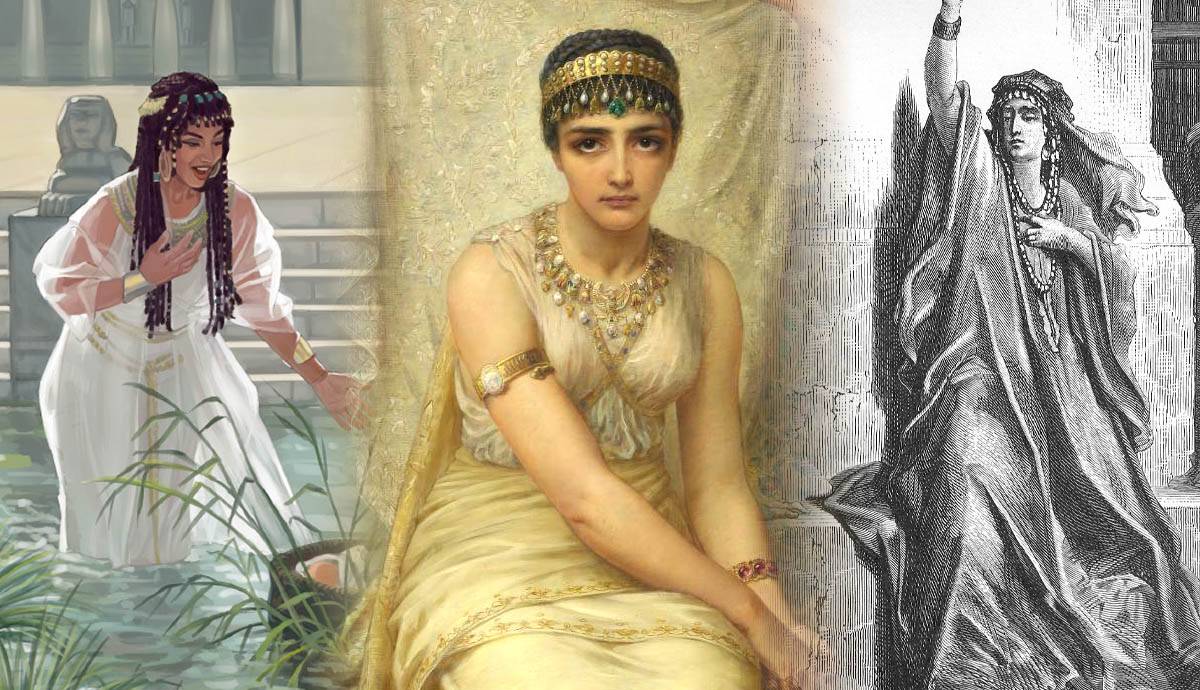This content explores the role of women in various religious traditions including Christianity, Islam, Judaism, Hinduism, Sikhism, Buddhism, Jainism, Confucianism, Native American religions, and African traditional religions. It highlights the historical significance and challenges faced by women in each tradition, while also acknowledging the progress made towards gender equality. The content concludes by emphasizing the importance of ongoing efforts to promote women’s rights and equal opportunities within religious communities.
1. The Role of Women in Christianity
Christianity, one of the largest religions in the world, has diverse interpretations about the role of women within its various denominations. Historically, women have played significant roles in the early church as martyrs, missionaries, and leaders. However, gender inequality has also been prevalent throughout its history, with limited opportunities for women in leadership positions.
2. The Role of Women in Islam
In Islam, the role of women is often misunderstood and misrepresented. While it is true that some traditional interpretations have limited women’s rights, Islam affirms the equal worth and importance of women and men. Women have crucial roles as mothers, wives, and scholars within the Islamic faith. Furthermore, many Muslim women are increasingly challenging patriarchal norms and working towards gender equality.
3. The Role of Women in Judaism
Judaism, one of the oldest monotheistic religions, has a complex perspective on the role of women. Traditionally, women have been entrusted with essential roles within the Jewish community, such as preserving religious and cultural traditions as well as maintaining the family unit. However, women’s participation in religious rituals has been limited in Orthodox Judaism but more inclusive in Conservative and Reform branches.
4. The Role of Women in Hinduism
Hinduism, being a diverse religion, offers various viewpoints on the role of women. While some ancient texts restrict women’s rights and place them in subservient roles, others emphasize the importance of treating women with respect and equality. In recent times, Hindu women have achieved remarkable success in many fields and showcased their leadership abilities, challenging traditional gender norms.
5. The Role of Women in Sikhism
Sikhism, a monotheistic religion founded in the 15th century, holds a progressive view on gender equality. Sikhism emphasizes the equal worth of both women and men, rejecting any discrimination or subjugation based on gender. Sikh women actively participate in religious practices, hold important social roles, and are encouraged to seek education and contribute to society.
6. The Role of Women in Buddhism
Buddhism, a philosophy and religion that originated in ancient India, varies in its treatment of women across different traditions and cultures. While some Buddhist sects limit women’s participation in leadership roles, others encourage their involvement as teachers, nuns, and scholars. Many modern Buddhist women challenge societal norms and advocate for gender equality within the religion.
7. The Role of Women in Jainism
Jainism, an ancient religion focused on nonviolence and compassion, promotes gender equality in its teachings. Jain women have historically played significant roles as nuns, scholars, and leaders, and there are numerous stories of powerful women who achieved spiritual enlightenment. Women in Jainism are expected to follow the same ethical and moral principles as men, emphasizing equality and non-violence.
8. The Role of Women in Confucianism
Confucianism, a philosophical and ethical system originating in ancient China, has traditionally emphasized strong gender roles, with women expected to be obedient and submissive to male family members. Women were primarily confined to the domestic sphere, their roles focused on maintaining harmony within the family. However, modern interpretations of Confucianism are gradually challenging these norms and advocating for gender equality.
9. The Role of Women in Native American Religions
Native American religions encompass a variety of traditions, each with its own distinct practices and beliefs. In many Native American cultures, women hold important roles as spiritual leaders, healers, and caretakers of their communities. Their knowledge and wisdom are highly respected, and they often serve as conduits between the human and spiritual realms.
10. The Role of Women in African Traditional Religions
African traditional religions are diverse and vary based on the specific ethnic groups and regions. In many African societies, women play vital roles as spiritual leaders, diviners, and healers. They are often viewed as the custodians of ancestral traditions and the passers of cultural knowledge from one generation to the next. However, the roles and status of women can differ significantly between different tribes and regions in Africa.
In conclusion, the roles of women in various religious traditions are diverse and complex. While some religions have historically limited women’s participation and advancement, others have provided opportunities for women to excel in leadership and spiritual roles. In recent times, women’s rights and gender equality have become increasingly important globally, leading to growing efforts within many religious traditions to challenge and overcome the obstacles that women have faced.
